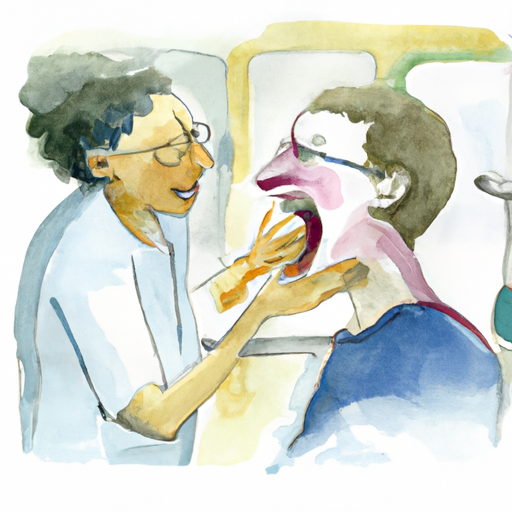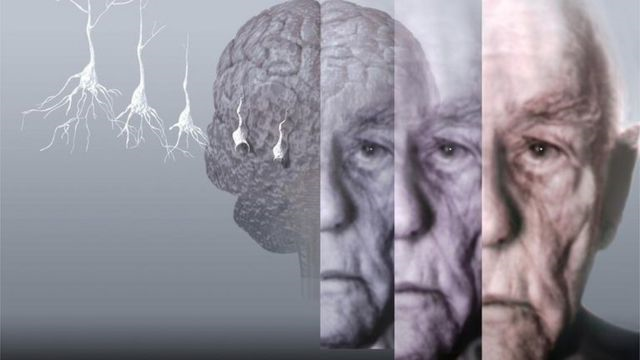Are you struggling to shed those extra pounds and achieve your weight loss goals? Look no further than your breakfast table. Breakfast, the most important meal of the day, can play a vital role in your weight loss journey. In this article, we will explore the various aspects of breakfast and its impact on weight loss. From healthy breakfast options for effective weight loss to understanding the science behind breakfast and weight management, we will cover it all. Additionally, we will discuss common mistakes to avoid in your breakfast routine to ensure successful weight management. So, grab a cup of coffee and get ready to discover the secrets to a healthier, slimmer you.
1. “Healthy Breakfast Options for Effective Weight Loss”
When it comes to weight loss, breakfast is often referred to as the most important meal of the day. A healthy breakfast can kickstart your metabolism, provide you with essential nutrients, and keep you feeling full and satisfied throughout the morning. But what exactly constitutes a healthy breakfast for effective weight loss?
First and foremost, a good breakfast option for weight loss should be low in calories but still packed with nutrients. This means avoiding sugary cereals, pastries, and processed breakfast foods that offer little nutritional value. Instead, opt for whole foods that are rich in fiber, protein, and healthy fats.
One excellent choice is oatmeal, which is not only filling but also provides a good amount of fiber. Fiber helps to keep you feeling full for longer periods, preventing unnecessary snacking and overeating later in the day. To make your oatmeal even healthier, try adding some fresh fruits like berries or sliced banana for natural sweetness and extra vitamins.
Another great option is Greek yogurt, which is high in protein and calcium. Protein is essential for weight loss as it helps to build and repair muscles, which in turn boosts your metabolism. Combined with some nuts or seeds for added healthy fats, Greek yogurt makes a delicious and satisfying breakfast that will keep you energized and focused throughout the day.
Eggs are another breakfast staple that can aid in weight loss. They are high in protein and can help control hunger pangs. Additionally, eggs are rich in essential nutrients like vitamin B12, which is important for a healthy metabolism. Consider making a veggie omelet with spinach, mushrooms, and bell peppers for a nutrient-packed breakfast that will keep you full.
You can find out more about this substance here: https://bbgate.com/tags/mephedrone-synthesis/.
2. “Understanding the Impact of Breakfast on Weight Loss”
Breakfast is often referred to as the most important meal of the day, and for good reason. Not only does it provide the necessary energy to kick-start our day, but it also plays a crucial role in weight management. Understanding the impact of breakfast on weight loss is essential for those who are looking to shed some extra pounds.
Numerous studies have shown that eating a healthy breakfast can aid in weight loss and weight maintenance. When we skip breakfast, our body’s metabolism slows down, leading to a decrease in calorie burning throughout the day. This can make it more challenging to achieve weight loss goals. On the other hand, consuming a balanced breakfast can jumpstart our metabolism, leading to increased calorie burning and improved weight management.
Additionally, having a nutritious breakfast can help regulate appetite and prevent overeating later in the day. When we skip breakfast, we are more likely to experience intense hunger and cravings, which can result in unhealthy snacking or larger portion sizes during subsequent meals. By fueling our bodies with a well-rounded breakfast, we provide the necessary nutrients and satiety to control our hunger levels and make healthier food choices throughout the day.
It is important to note that not all breakfasts are created equal when it comes to weight loss. While a sugary cereal or a pastry may provide a quick energy boost, they often lack the necessary nutrients and can lead to a spike in blood sugar levels, followed by a crash. Opting for a balanced breakfast that includes a combination of protein, healthy fats, fiber, and carbohydrates is key.
Including sources of protein, such as eggs, Greek yogurt, or lean meats, in our breakfast can contribute to increased
3. “Common Mistakes to Avoid in Your Breakfast Routine for Successful Weight Management”
When it comes to weight management, breakfast has gained prominence as the most important meal of the day. However, many people unknowingly make mistakes in their breakfast routine that hinder their weight loss goals. In order to achieve successful weight management, it is essential to be aware of these common mistakes and avoid them.
The first mistake to avoid is skipping breakfast altogether. Some individuals believe that skipping breakfast will help them consume fewer calories and lose weight faster. However, studies have shown that skipping breakfast can actually lead to overeating later in the day, as well as a slower metabolism. By eating a healthy breakfast, you can kickstart your metabolism and curb cravings throughout the day, leading to better weight management.
Another common mistake is consuming breakfast foods that are high in sugar and refined carbohydrates. Foods such as sugary cereals, pastries, and white bread can cause a spike in blood sugar levels, leading to energy crashes and increased hunger. Instead, opt for breakfast options that are rich in protein, fiber, and healthy fats. Eggs, Greek yogurt, whole grain toast, and fruits are great choices that provide sustained energy and keep you feeling full for longer.
Portion control is also crucial when it comes to breakfast. Many people tend to overeat, thinking that a larger breakfast will keep them full until lunchtime. However, consuming excessive calories in the morning can contribute to weight gain. It is important to listen to your body’s hunger cues and eat until you are satisfied, rather than overindulging. Pay attention to portion sizes and aim for a balanced meal that includes all the necessary nutrients.
Lastly, relying too heavily on processed and convenience breakfast options is




